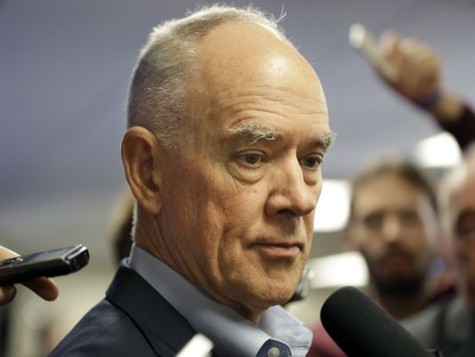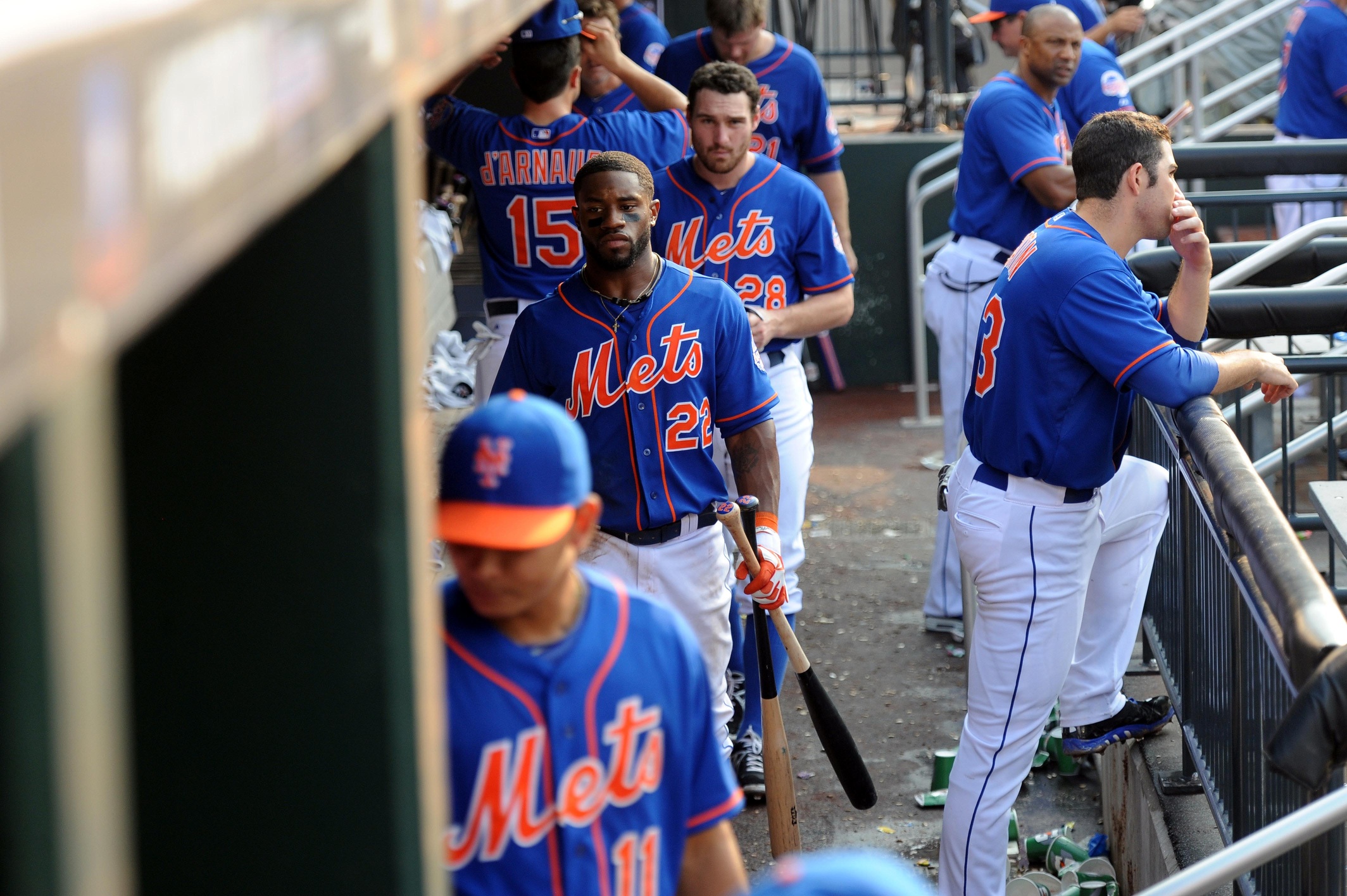
Sustained Success. I think we have all heard the phrase far too many times, but what defines sustained success? Who can attain it? Who has attained it? There are many inquiries in regards to sustained success, but few answers.
In the business world, sustained success may be long-term growth or consistent profits. However, sustained success in baseball is a bit different. In baseball, it is fielding a team that is consistently competitive.
Year in and year out, the team is on pace for a winning record and plays meaningful games deep into September and October. True sustained success is not a three-year venture. It must last for at least the majority of a decade at a time.
We all know that when Sandy Alderson began his tenure as the general manager of the New York Mets, he promised that the Mets would become a successful team for a long time. This was not just posturing by Alderson. It was his goal, his selling point, his legacy.
John Harper of the Daily News wrote this March that when convincing David Wright to sign an extension with the team, Alderson shared his plans for the future of the franchise.
“He talked about what he envisioned, what type of team he wanted to build,’’ Wright said in March. “He used the word sustainable. The way it worked out, with skill and maybe a little bit of luck, it’s scary how a lot of things he told me have come to fruition.’’
Wright saw a bright future. Harper did as well, but with a caveat: health.
“Yes, good times have come to the Mets, and they should be here for at least the foreseeable future, provided their vaunted starting pitching stays healthy, a tall task as yet another one of their arms is shut down for a few weeks in Steven Matz,” wrote Harper in March.
In 2015, after the magnificent World Series run, the Mets looked like a dynasty in the making. Young, power pitching, and a few impact bats were going to carry the team to the playoffs every year.
Fast forward two years later and your 2017 Mets finished the season at 70-92. Now in late 2017, we are seeing the results of Alderson’s plan, and it is quite sobering. What happened?
Injuries, underperformance, and “salary dumps” led to a poor finish and a puzzling offseason. A team that seemingly had a plan, a vision, and ownership’s support was fading away as quickly as it arose.

Getting back into the main idea of this piece, let’s uncover the teams that have maintained “sustained success” and their characteristics over the past couple decades.
This list will omit teams that were competitive for runs shorter than 10 years. Teams are also penalized for multiple losing seasons prior to setting up competitive runs. This list will include teams with the long runs of competitive baseball:
- Atlanta Braves: 1997-2013 – 17 seasons and 15 seasons with a winning record
- Boston Red Sox: 1998 – 2011 – 14 seasons all with a winning record
- Los Angeles Dodgers: 1997-2017 – 21 seasons and 18 with a winning record
- New York Yankees: 1997-2017 – 21 seasons all with a winning record
- Philadelphia Phillies: 2001-2012 – 12 seasons and 11 with a winning record
- St. Louis Cardinals: 2000-2017 – 18 seasons and 17 with a winning record
Some teams that did not qualify but deserve to be mentioned are the Los Angeles Angels from 2004-2012, and the San Francisco Giants from 1997-2004 and 2009-2016.
After finding these statistics, I decided to cross-reference them with the 15-year payroll average. The Angels, Giants, Red Sox, Dodgers, Yankees, and the Phillies have all been in the top 10 in payroll average over the last 15 years.
The Cardinals fall slightly behind at 11 and the Braves at 14. No team in the bottom half of payrolls has been able to attain sustained success in the past few decades.
Additionally, many teams with the longest periods of sustained success are among the highest in payroll average including the Yankees and the Dodgers.
I believe this shows that an owner’s willingness to spend is extremely important for a team in order to remain competitive for a long period of time.
It is important to note that this data is only from the last 15 years, and my initial list included the past 21 years. Additionally, this data is all according to The Baseball Cube.
So the correlation between high payroll and sustained success is quite apparent, but there are definitely other factors.
Teams must continue to develop players in their farm systems, draft well, and make smart trades. It is definitely possible for teams with smaller payrolls to compete, but they generally have a much smaller margin for error.
An example of this can easily be seen by the Yankees and the Dodgers. Both teams have had large chunks of money tied up in players who no longer played for their teams or provided minimal impact including Carl Crawford, Alex Rodriguez, Mark Teixeira, and Andre Ethier.
Teams with smaller payrolls would be financially hindered by having to roster such large salaries, and this makes it very hard for them to maintain competitive play.
To look closer at the teams who remained competitive without the highest of payrolls, I noticed that the teams were brilliant at developing players. Both the Cardinals and Braves produced many spectacular players like Albert Pujols, Greg Maddux, Tom Glavine and Adam Wainwright for example.
This constant stream of talent coming from the minors leagues allowed them to maintain their competitiveness for such a long stretch without one of the highest payrolls in the league.
Finally, I would like to point out that high payroll does not automatically mean that a team is going to reach sustained success.
The Detroit Tigers, Chicago Cubs, and Mets all have had their average payrolls in the top 10 for the past 15 years, but have not been able to remain consistently competitive. This shows that scouting, player development, drafting, and smart decision-making are still crucial to achieving sustained success.
To conclude, sustained success in baseball is extremely difficult to achieve and even harder to maintain, but a high payroll and strong player development are two factors that can lead to decades-long success for a Major League team.















